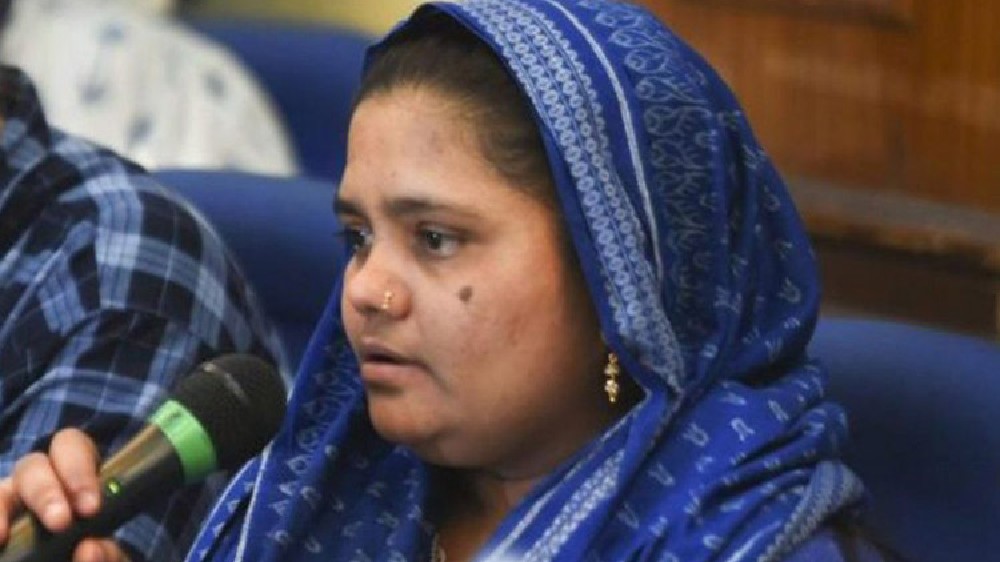Khushi Maheshwari, Pune
In a significant development in the Bilkis Bano Case, the petition filed by 2 of the 11 convicts’ was denied by the Supreme Court. The plea was in regards to the Court’s January 8 ruling stating that the convicts’ early release had been cancelled.
The two convicts, namely Rajubhai Babulal Soni and Radheyshaym Bhagwandas Shah had appealed to the court to refer their plea for early remission to a larger bench, additionally stating that the January 8th verdict of the court defied a constitutional bench ruling that happened way back in 2002.
Recently, a 2 judge bench in the apex court comprising Justices Sanjay Kumar and Sanjeev Khanna declared the plea to be “absolutely misconceived” and questioned the maintainability of the plea. The bench remarked that the SC cannot sit over a ruling passed by another court and besides that Article 28 is not applicable in this scenario. It concluded that the petition was far from substantial.
Subsequently, the attorney representing both Soni and Shah, Rishi Malhotra requested to take the plea back and the SC permitted them to withdraw the petition.
Shah and Soni brought two contradictory standpoints of 2 coordinate benches on the issue of their early release forward and made it the basis of their petition. The plea submitted via Malhotra pointed out that one bench had ordered the Gujarat Government to look into their premature release on account of the state’s July 9, 1992 remission policy. In the other hearing that took place on 8th January, it was concluded that the immunity to provide them with remission lies with the Mumbai court and not Gujarat.
The petition made in March argues that the cancellation of their early release goes against the judgement passed by the constitution bench in 2002 in the Rupa Ashok Hurra case and that to prevent any legal ambiguities and uncertainties in the future, the January 8 ruling should be annulled.
The plea presented the foundational question of whether or not a coordinate bench should submit a matter to a bigger bench or withdraw its initial orders in the face of dilemmas regarding the correctness of the grounds on which the earlier decision was made.
The top court critiqued the Gujarat government for making decisions beyond its jurisdiction while granting early remissions to the convicts and revoked early releases of all the 11 conflicts of the infamous and gruesome Bilkis Bano gang rape case.
